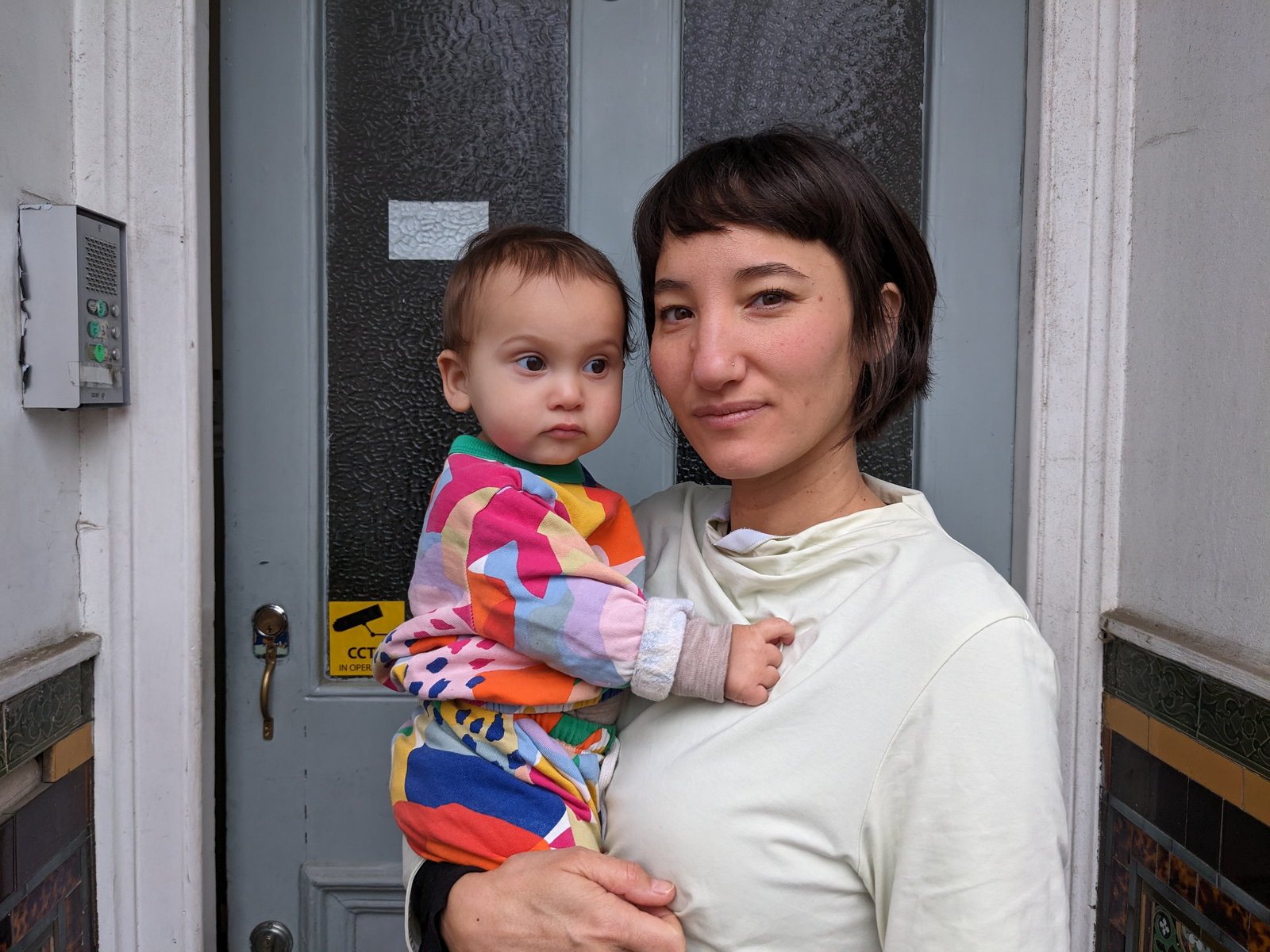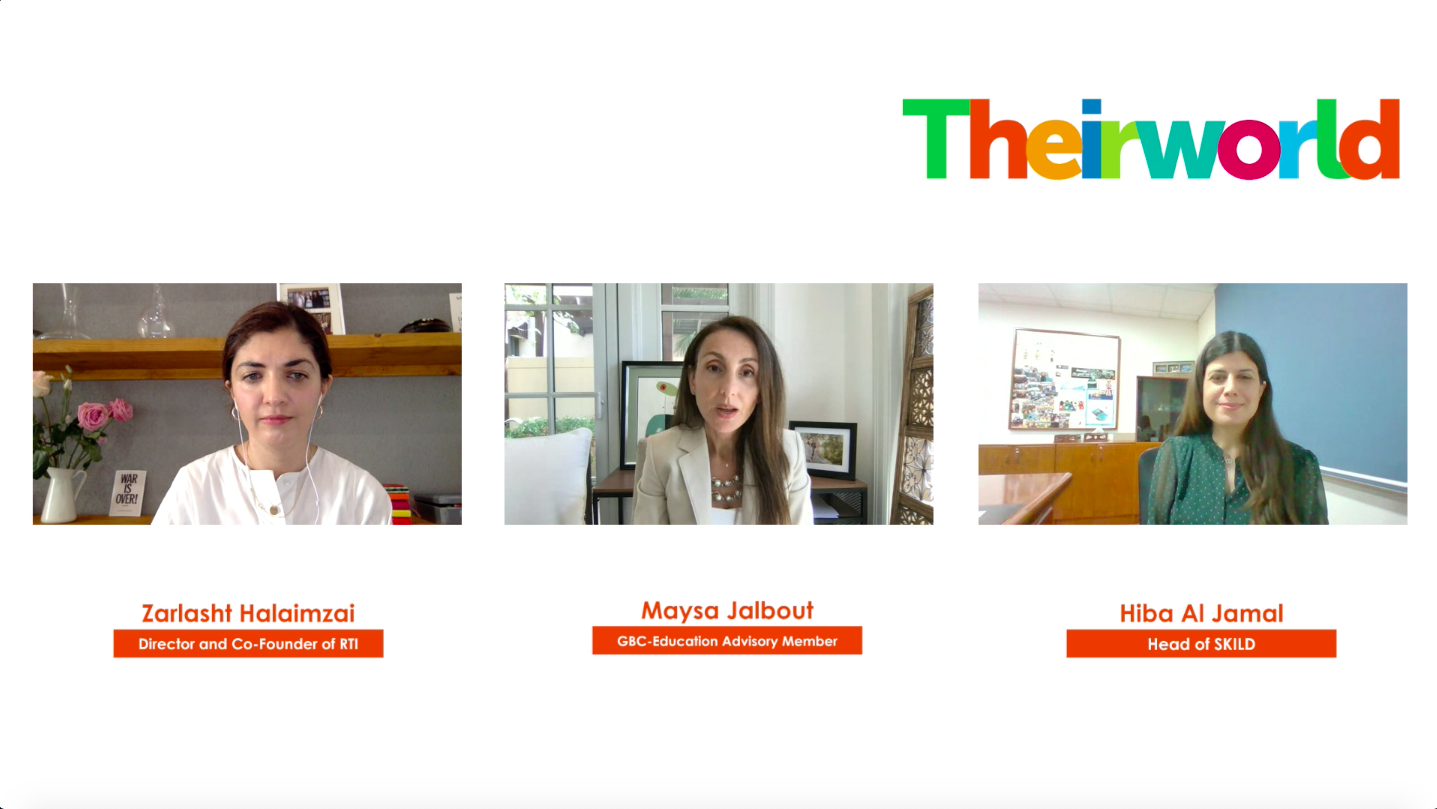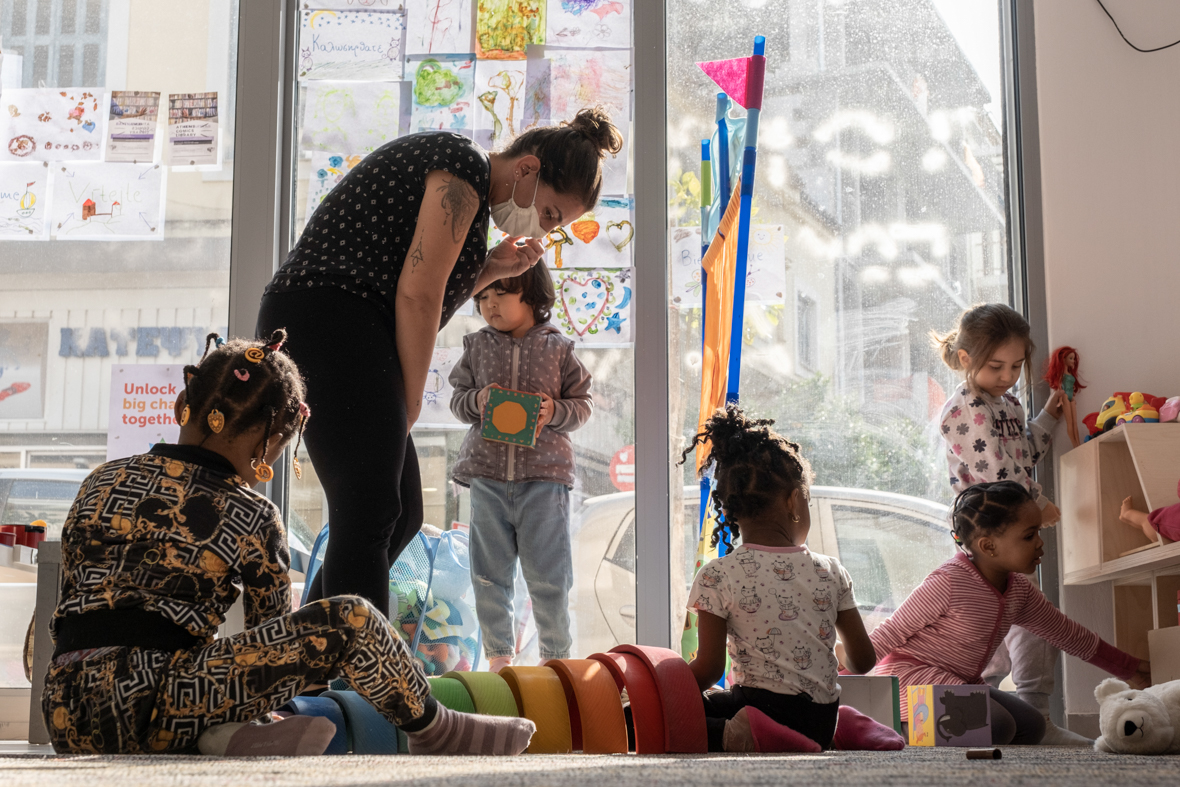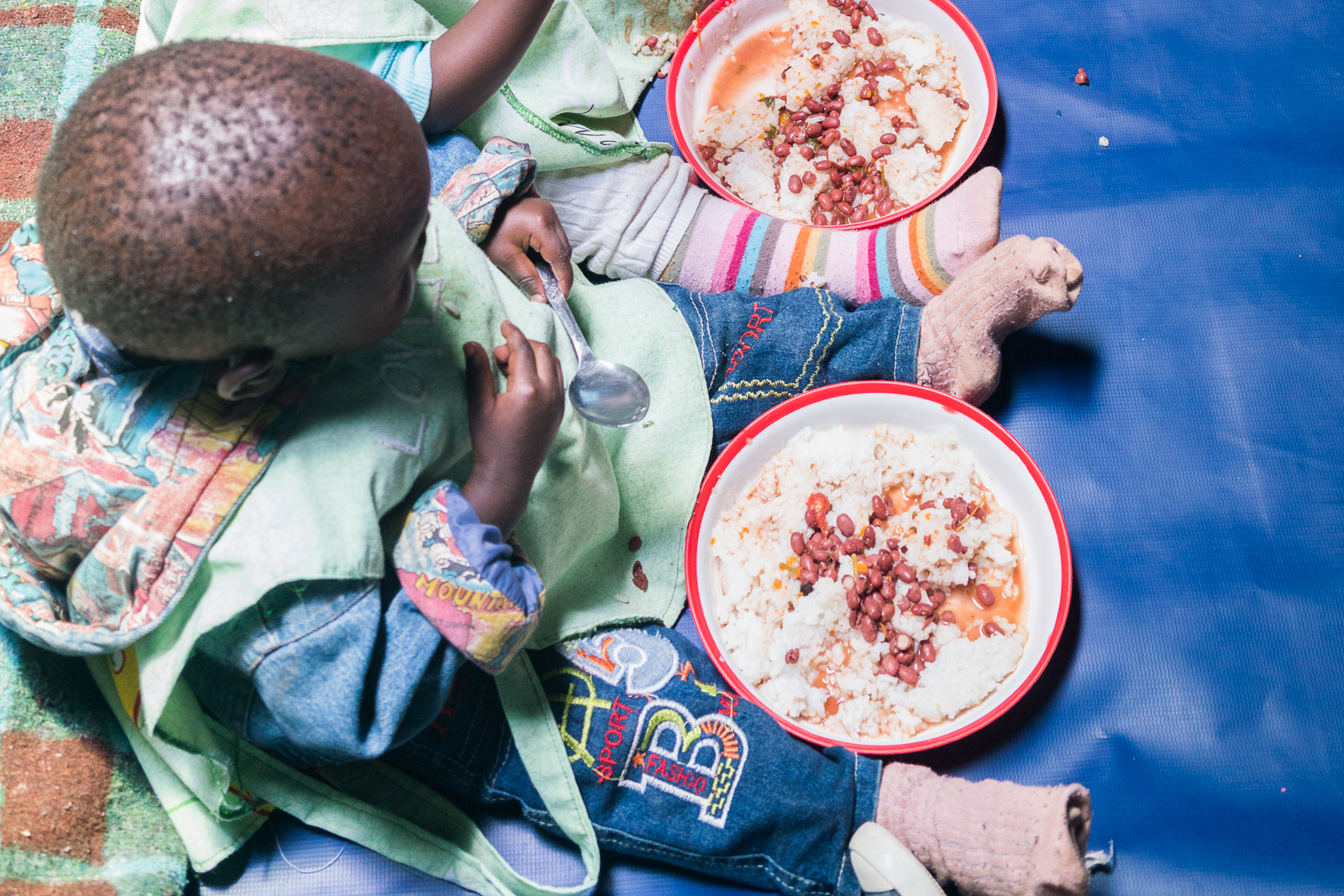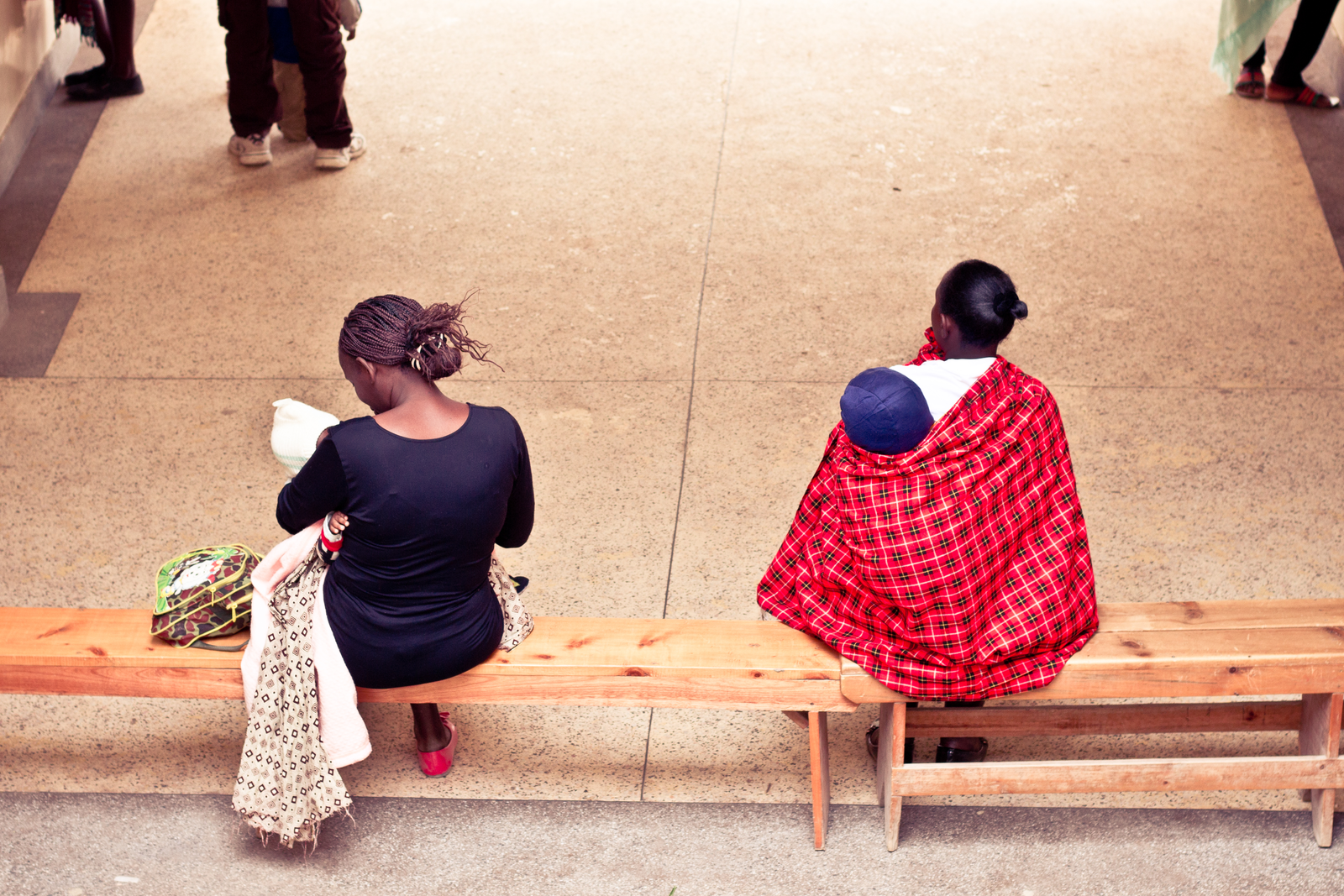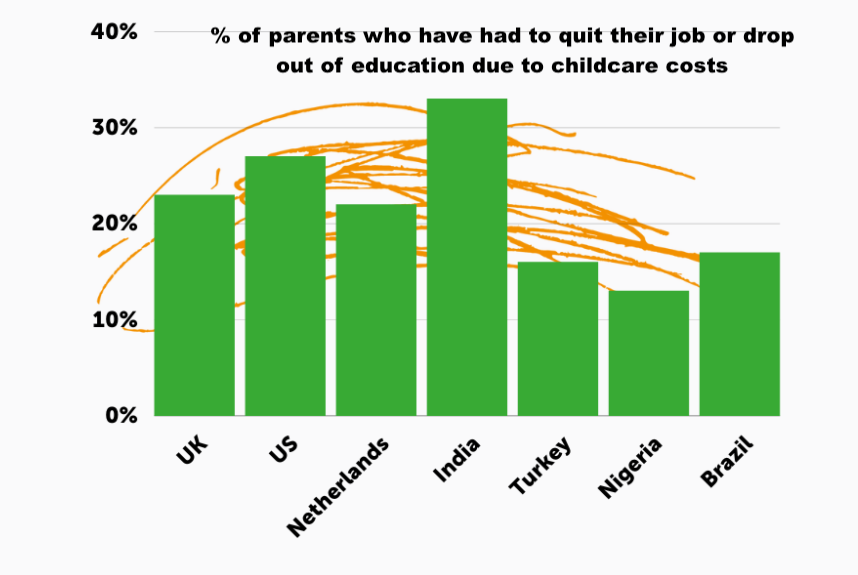
Press Releases
Press Releases
Press Releases
Briefing
A plan of action for civil society advocates
Better Angels Podcast
Reports
While humanitarian responses typically focus on the physical needs of children ages 0 to 5, negative experiences caused by crisis can also lead to poor cognitive and socioemotional development, hampering future learning and increasing the risk for long term health and behaviour problems. Early childhood programmes that provide nurturing care, a safe environment to play and learn, and support for caregivers ensure children not only survive, but have the best start for a good future.
Reports
Despite the tremendous need, early childhood development remains seriously under-prioritised in emergency response. This brief outlines the shortfalls in the provision of Safe Spaces for children to grow and thrive in emergency, conflict, or vulnerable environments.
Reports
Affordable, high-quality childcare has multiple benefits for children, families and societies: children do better in school, older children stay in education and adults can go to work. This briefing looks at the negative impact of the lack of early years childcare and presents five recommendations to achieve universal access to high-quality childcare.
Explainer
This page is about learning through play and why it is important in preparing a child for education and in health brain development - and how, without it, negative effects can stretch into adulthood.
Explainer
This page is about child nutrition. It explains what we mean by this and why it's important to enable a child to reach their full potential in life.
Explainer
This page is about the issues around pregnancy and childbirth and what can be done to ensure a safe and healthy start in life for all children
